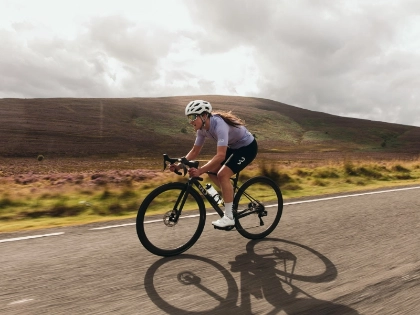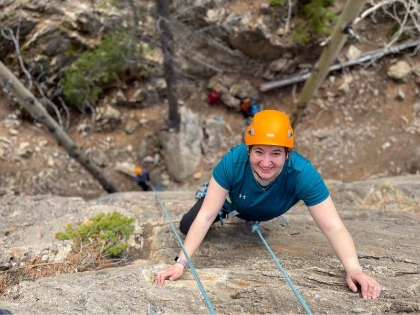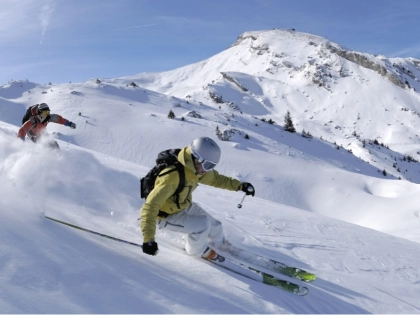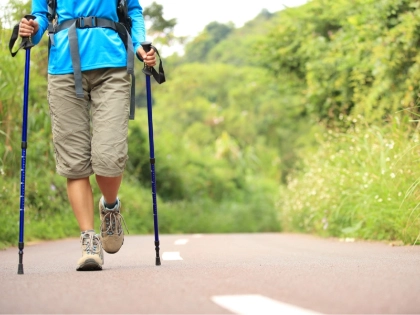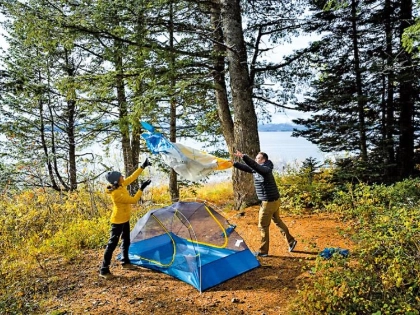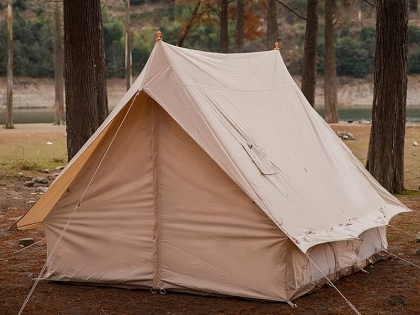How Do I Get Over My Fear of Descending?
One of the most terrifying aspects of road riding and racing for many cyclists is the descent. Thankfully, there are a few things that can be done to boost confidence and lessen anxiety. Information (such as dates, numbers, or item sizes) can be arranged in descending order, which goes from highest to lowest value. The simplest way to keep this in mind is to visualize a flight of stairs.
1. Consider the path that lies ahead.

2. Exercise
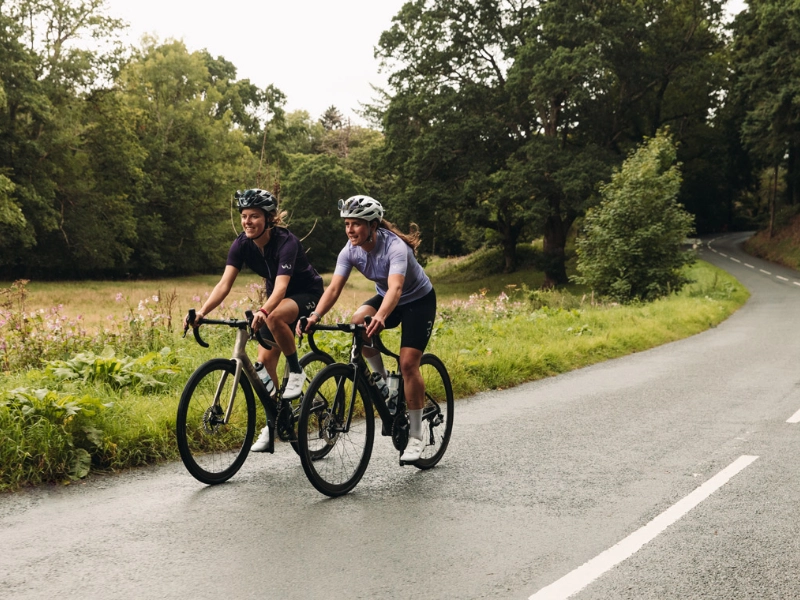 By doing this, you will not only improve your technique but also become accustomed to the thought of sliding downhill quickly. Every time you ride a hill, find a local descent to practice on and improve your cornering technique (this is best done during hill repetition intervals).
It's crucial to go gently so you can pick up the skills and develop self-assurance. It's important to remember that going down faster than you feel comfortable with will just cause anxiety and panic.
You should follow cyclists who descend more skillfully than you, but don't go overboard. This will probably lead to you starting to replicate their errors and having a far less effective path through the turn. Pay attention to where the central line of the road markers is at each bend. This is the same idea you were taught as a child while painting by observing the outlines of suns or ponies.
By doing this, you will not only improve your technique but also become accustomed to the thought of sliding downhill quickly. Every time you ride a hill, find a local descent to practice on and improve your cornering technique (this is best done during hill repetition intervals).
It's crucial to go gently so you can pick up the skills and develop self-assurance. It's important to remember that going down faster than you feel comfortable with will just cause anxiety and panic.
You should follow cyclists who descend more skillfully than you, but don't go overboard. This will probably lead to you starting to replicate their errors and having a far less effective path through the turn. Pay attention to where the central line of the road markers is at each bend. This is the same idea you were taught as a child while painting by observing the outlines of suns or ponies.
3. Continue to practice.
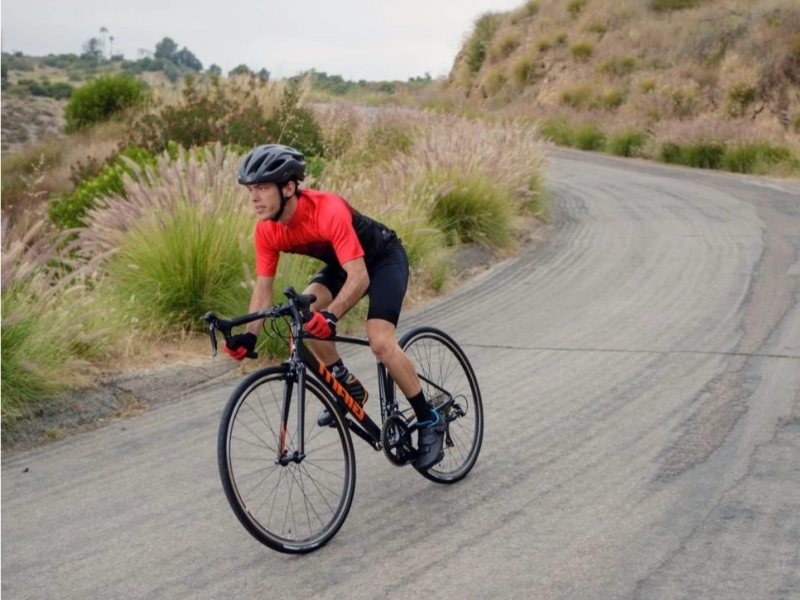 On a descent, if you find yourself anxious and gripping the bars tightly, it's usually because you don't know how to descend quickly. Some riders have negative internal conversations and mental movies of their impending demise because they fear that anything will go wrong and they'll crash or damage themselves.
In these situations, seeing a qualified expert with experience in treating anxiety and phobias is a smart option (such as a cycle coach or a cycling psychologist). They can provide you with methods to confront your fear and gradually desensitize yourself to it so that it no longer seems so overwhelming.
Recall that practicing will make you more adept at descending. If you follow the following advice, those lengthy mountain descents that formerly gave you anxiety will soon no longer be a cause for concern. I wish you luck! You're worthy of it. Coach Leia Tyrrell.
On a descent, if you find yourself anxious and gripping the bars tightly, it's usually because you don't know how to descend quickly. Some riders have negative internal conversations and mental movies of their impending demise because they fear that anything will go wrong and they'll crash or damage themselves.
In these situations, seeing a qualified expert with experience in treating anxiety and phobias is a smart option (such as a cycle coach or a cycling psychologist). They can provide you with methods to confront your fear and gradually desensitize yourself to it so that it no longer seems so overwhelming.
Recall that practicing will make you more adept at descending. If you follow the following advice, those lengthy mountain descents that formerly gave you anxiety will soon no longer be a cause for concern. I wish you luck! You're worthy of it. Coach Leia Tyrrell.
